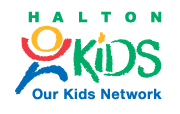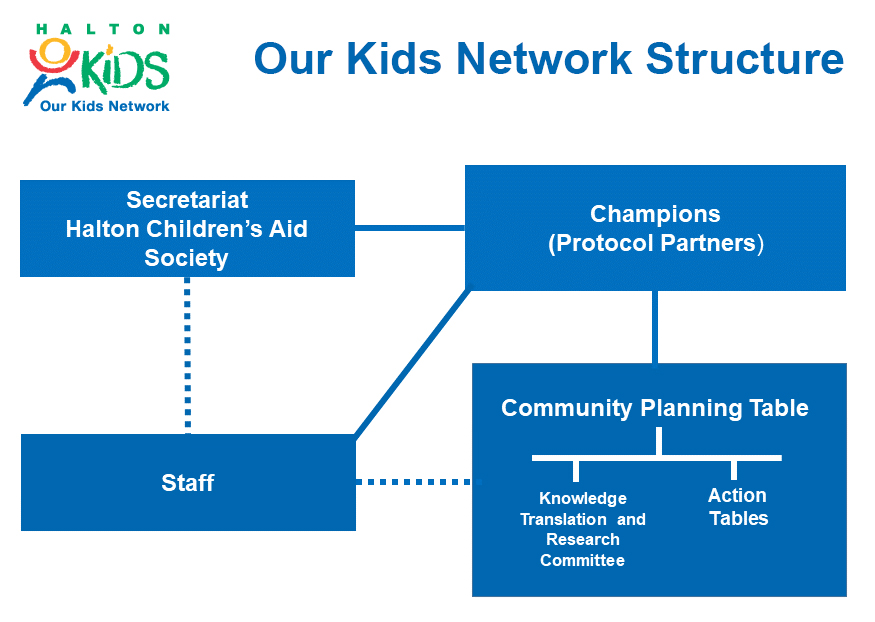The Kindergarten Parent Survey (KPS) is completed every three years and asks Halton families of children in kindergarten about their experiences. In this 7th cycle, 2,497 parents participated, a response rate of 43%. Since 2003, 17,214 families have participated in the survey.
Organized under the Halton 7 (seven evidence-based conditions of well-being needed for children, families, and the community to thrive), the KPS allows us to examine some important child outcomes that are not measured in the Early Development Instrument.

Children are Healthy
Good health is a prerequisite for positive outcomes for children. Physical activity and healthy eating are included in this result.
%
ate breakfast daily
%
ate fruits or vegetables 3 or more times a day
%
of kindergarten children were physically active for 60 minutes daily

Children are Learning
Learning is one of the cornerstones for success in life. Preschool learning opportunities and children’s attitudes towards learning are included in this result.
%
of parents of kindergarten children reported that their child is excited about learning
%
attended a recreational program in the past 12 months
%
visited a library in the past 12 months
%
attended a music / arts / dance program in the past 12 months
%
attended a religious, cultural or ethnic based program in the past 12 months
%
attended a children’s program in the past 12 months

Children are Positively Connected
All children need positive connections to their parents/caregivers, peers, school and community. Peer connections are included in this result.
%
parents of kindergarten children reported that their child gets along with others their own age
%
of parents of kindergarten children reported that their child enjoys going to school

Children are Safe
Safe environments benefit children by providing a sense of personal security, allowing them to take maximum advantage of learning, playing and making new friendships. Serious injury and perceptions of safety are included in this result.
%
of parents of kindergarten children reported that their child feels safe at school
%
of kindergarten children were seriously injured in the past 12 months

Families are Strong and Stable
Strong and stable family environments provide a solid foundation and stimulating, interactive experiences to nurture a child’s positive development. Regular family meals, and parenting capacity and support are reported in this result.
%
of families had regular family meals
%
of parents of kindergarten children took time out to care for their own health and wellbeing
%
of parents of kindergarten children felt pressured for time at least 5 days a week
%
of parents of kindergarten children experienced high levels of parental stress

Schools are Connected to the Community
Children spend a great deal of their time learning in schools. How schools connect to their communities are important.
%
reported their child's school is a friendly and welcoming place

Neighbourhoods are Where We Live, Work, & Play
Children thrive in neighbourhoods that are safe and connected. Neighbourhood safety and relationships are reported in this result.
%
of parents of kindergarten children felt that their neighbourhood is a safe place to bring up children
%
reported people in their neighbourhood help each other
%
of parents of kindergarten children reported positive neighbourhood cohesion
For highlights from the 2018 KPS, please visit this link.
Limitations of the Data
The 2023 KPS had a response rate of 43% of kindergarten families, and achieved good geographical coverage of Halton municipalities. Despite these strengths, caution should be used when interpreting the data. Several types of response bias have been identified related to self-report surveys. Use caution when interpreting the meaning of findings because some data may not represent all children in Halton.
When interpreting and applying the data, it is a best practice to supplement your knowledge with information and data from multiple sources, such as qualitative data, other survey findings and anecdotal and professional experience.
Explanatory Notes
For more information about the KPS, please click here to access the 2023 version of the survey. Additional data, including data for previous cycles of the KPS, can be accessed on the OKN data portal. Please note that while there is overlap in indicators reported in the infographic (above) and the OKN data portal, these two formats also contain several unique indicators. If you would like any further information about the KPS indicators, please contact Rebecca Abavi, OKN Knowledge Broker, at rebecca@ourkidsnetwork.ca. Additionally, you may learn more about the KPS indicators in the Data Portal Data Dictionary.
Additional explanatory notes are provided below on indicators from the 2023 KPS infographic. These notes provide additional context on indicators under the following conditions:
- The original survey question contained different wording or examples; or
- The indicator is a composite (aggregates responses from more than one survey item).
This is a composite measure consisting of six survey items:
-People in the neighbourhood get together to discuss community problems.
-There are adults in the neighbourhood my child(ren) can look up to.
-People in my neighbourhood help each other.
-I can count on my neighbours to watch that children are safe and out of trouble.
-I feel my neighbourhood is a safe place to bring up children.
-When we are away, my neighbours look our for possible trouble.
Each question has response options: ‘strongly disagree,’ ‘disagree,’ ‘agree’ or ‘strongly agree,’ rated from 1 to 4. An average of 3 or more is classified as positive neighbourhood cohesion.

